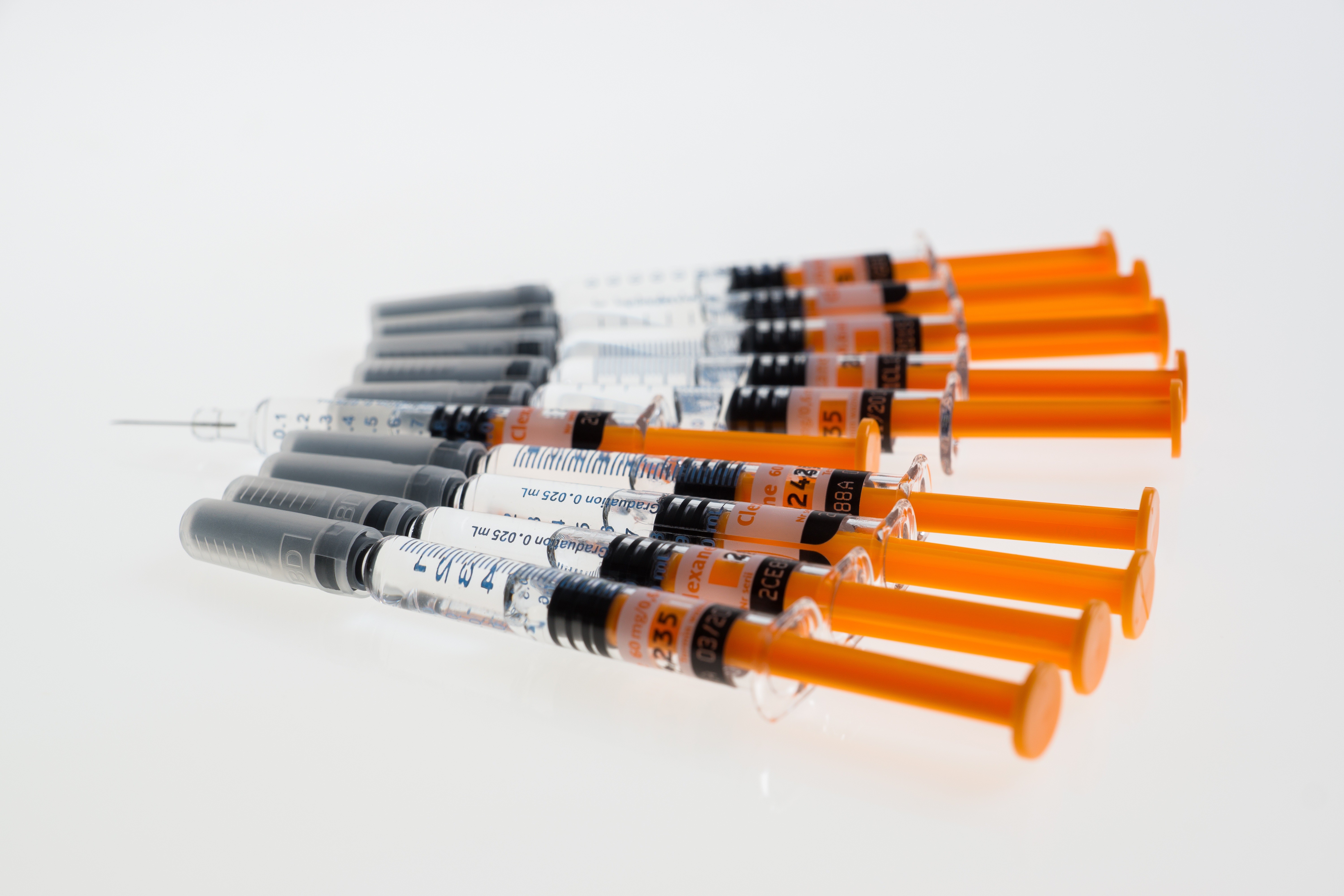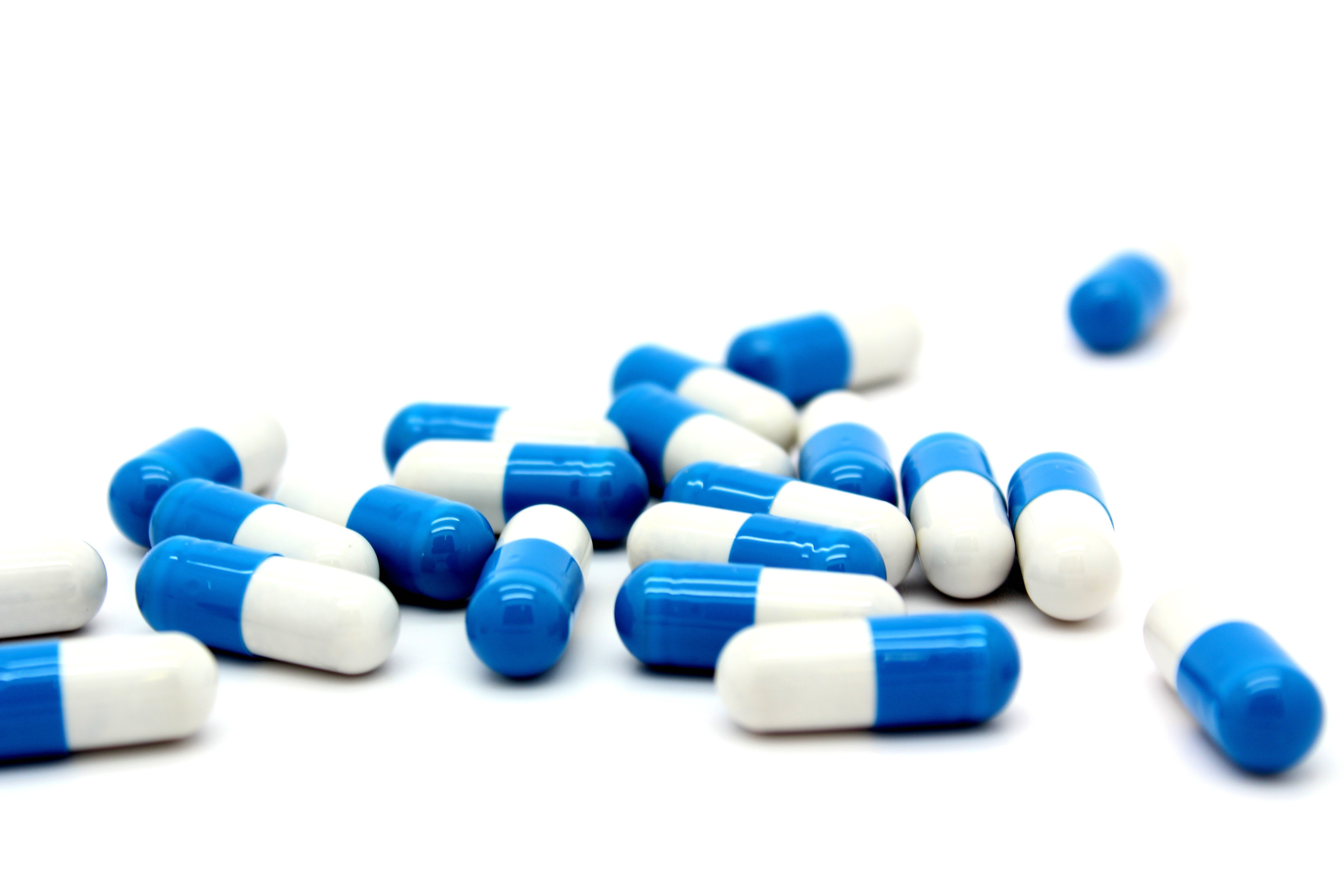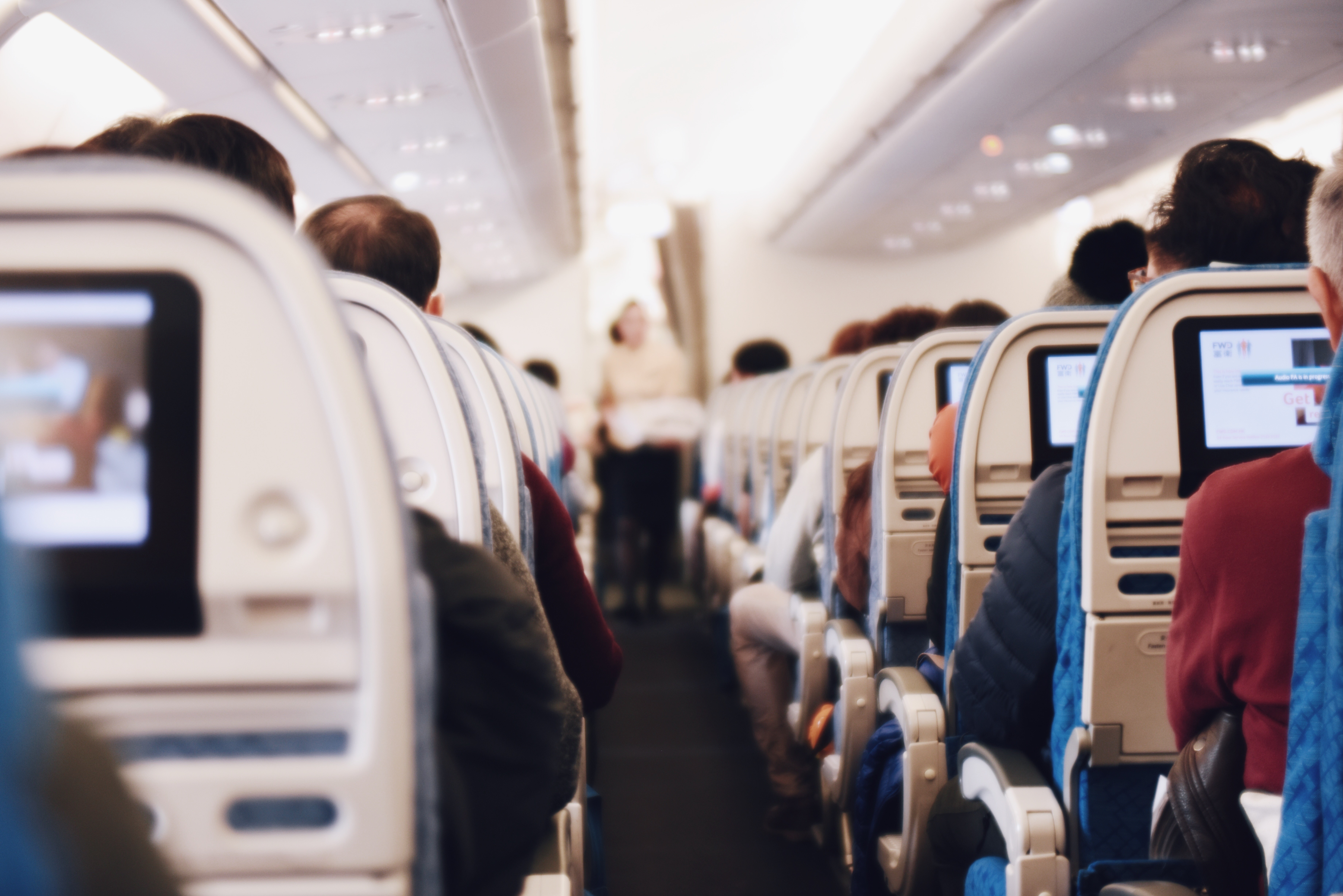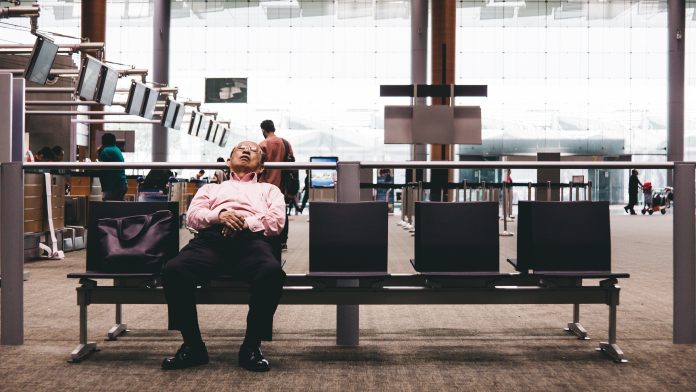It’s almost summer and you are planning your vacations. It’s very important to take some health precautions before you board that flight. Dr. Anjum Ishaque, Consultant Family Medicines has some Essential Travel Tips.
Vaccinations:

It is important to check what vaccinations are required before you travel. Most people will need boosters for childhood vaccinations like tetanus and polio. In addition Hepatitis A and B, Meningitis and Rabies vaccines may be recommended for certain holiday destinations. These may require several injections as well as long intervals between the doses.
It is therefore imperative that you see a doctor several months before you plan to travel to allow time for the vaccination schedule to be completed and for full protection.
Medications:

Any regular medication should be carried in quantities that are sufficient for the duration of your vacation or expedition. This will avoid the expense of seeing a doctor to get a prescription and the possibility of getting counterfeit medication abroad. It is also important to check that there are no restrictions on the medication that you intend to travel with, as this may lead to fines, even imprisonment, in certain countries. Always travel with a valid prescription to avoid confiscation of your medication.
If your holiday destination is in a malaria zone start taking anti-malarial before you leave. Continue to take this after your return as well as advised.
Safe Travel:
Taking a long journey by car or air increases the risk of a Deep Vein thrombosis. This is the formation of a blood clot in the veins of the legs most commonly and can be fatal in severe circumstances. Keeping well hydrated, moving your ankles and legs during long journeys and taking breaks if possible decreases the risk. Pregnant women or people who are overweight are at particular risk.

It is also important to take reliable means of transport and to try and avoid night travel to reduce risk of road traffic accidents and injuries. Travelling in groups and avoiding dangerous areas reduces the risk of muggings, theft and assault. Having emergency local contact numbers as well as being in regular touch with family and friends who can raise the alarm or come to help in case of any trouble is sensible too.
If climbing high mountains a gradual ascent will reduce the risk of mountain sickness. Emergency medication is available which should be carried and will act as a holding measure until medical support can be accessed.
General Measures to avoid infections:
Frequent hand washing, drinking filtered or boiled water, avoiding raw fruit and vegetables are some of the measures that will keep you safe from stomach infections in most tropical climates. Avoid petting wild animals or stray dogs to limit your risk of rabies. Using insect repellent and wearing long sleeves will protect from mosquito bites. Wearing ankle boots and thick trousers will also afford some protection from spiders, snakes and ticks.
Using sunscreen, sun glasses and a wide brimmed hat and protective clothing will avoid sunburn. Try to limit sun exposure during the hottest periods of the day and keep well hydrated to avoid sun stroke & heat exhaustion.
If travelling in extremely cold weather then wearing appropriate clothing and protection will reduce the risk of hypothermia, frost bite etc.
Travel Insurance:

Despite taking precautions ill health, injuries and accidents can strike while travelling. Insurance cover should include emergency medical care as well as travel back to the home country.
Read the fine print to check preexisting conditions are covered to avoid hefty medical bills if unwell during travels. These essential Travel Tips will ensure you have a healthy & stress free holiday.



















